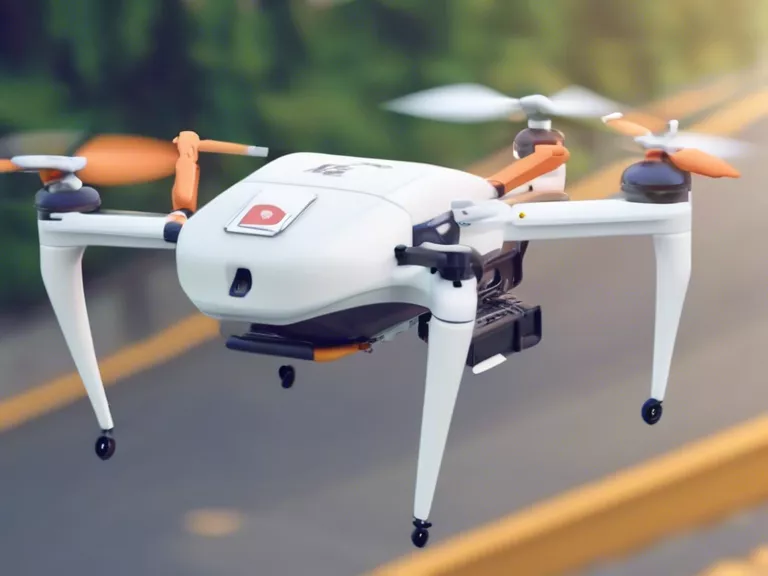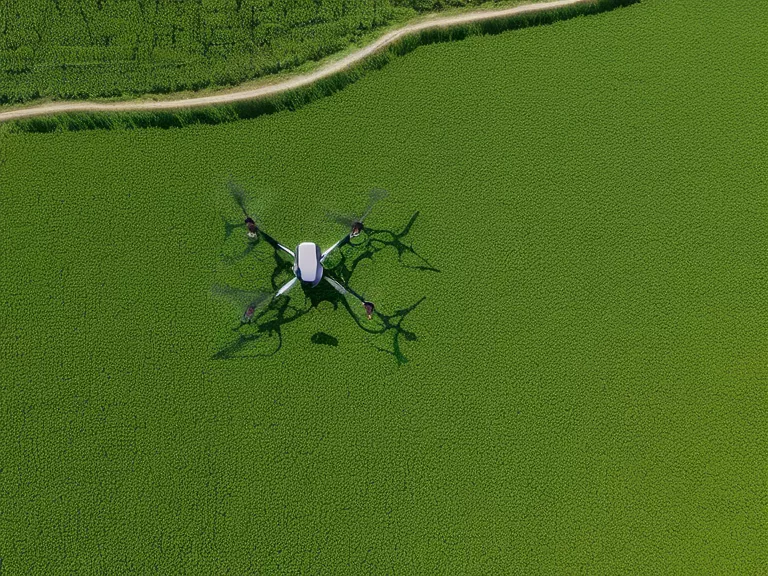
In recent years, the rise of e-commerce has created a surge in the demand for efficient last-mile logistics solutions. Traditional delivery methods often struggle to keep up with the increasing volume of online orders, leading to delays and inefficiencies. As a solution to this problem, companies are turning to AI-powered delivery drones to meet the growing demand for quick and cost-effective delivery services.
AI-powered delivery drones offer a number of key advantages over traditional delivery methods. By using artificial intelligence and machine learning algorithms, these drones are able to optimize delivery routes in real-time, ensuring the fastest and most efficient delivery times possible. This not only helps to reduce delivery costs for companies but also improves the overall customer experience by providing faster delivery times.
One of the biggest challenges in last-mile logistics is navigating complex urban environments. AI-powered delivery drones are equipped with advanced sensors and cameras that enable them to autonomously navigate through crowded streets and avoid obstacles. This level of precision and accuracy is essential for ensuring safe and reliable deliveries in densely populated areas.
Furthermore, AI-powered delivery drones are also environmentally friendly, as they produce fewer emissions compared to traditional delivery vehicles. This makes them a more sustainable option for last-mile logistics, helping companies reduce their carbon footprint and meet their environmental goals.
Overall, AI-powered delivery drones are revolutionizing the way goods are delivered in the last mile. By harnessing the power of artificial intelligence and automation, companies are able to provide faster, more efficient, and more sustainable delivery services to their customers. As e-commerce continues to grow, the demand for AI-powered delivery drones is only expected to increase, making them an essential tool for companies looking to stay competitive in the rapidly evolving logistics industry.



